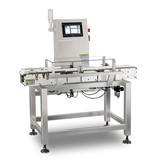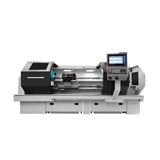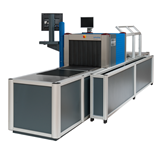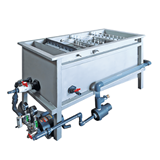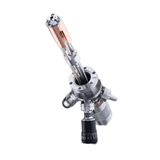IEEE, the US-based professional engineering organisation dedicated to fostering technological innovation, has approved and published a new standard for the Smart Grid sector.
IEEE 2030 has been released under the somewhat unwieldy title of IEEE Guide for Smart Grid Interoperability of Energy Technology and Information Technology Operation with the Electric Power System (EPS), End-Use Applications, and Loads.
The organisation claims the standard: "[will] establish a globally relevant Smart Grid interoperability reference model and knowledge base that can be used by utilities who are developing their infrastructure roadmaps, by manufacturers who are planning Smart Grid systems and applications, by scientists who are conducting research, by governments who are crafting regulations and by standards-development organisations (SDOs) who are writing additional standards for the Smart Grid".
"This is the world’s first system-of-systems, foundational standard that has been created from the ground up to inform Smart Grid interconnection and interoperability," Dick DeBlasio, IEEE 2030 Working Group chair, said.
"IEEE 2030 is poised to support the accelerated rollout of the Smart Grid and realization of the revolutionary benefits - greater consumer choice, improved electric-system reliability and increased reliance on renewable sources of energy - that it promises for people worldwide."
A Smart Grid is a power distribution system that takes advantage of modern technology to gather information about the behaviour of consumers and suppliers and then analyses that information to determine the optimum way to distribute electricity. The initiative has gathered momentum because it promises to improve the efficiency, reliability, economics, and sustainability of electricity distribution.
According to the IEEE, the new standard provides alternative approaches and best practices for Smart Grid work and defines terminology, characteristics, functional performance and evaluation criteria, and the application of engineering principles for Smart Grid interoperability.
The standard also defines design tables and the classification of data-flow characteristics necessary for interoperability: "with emphasis on functional interface identification, logical connections and data flows, communications and linkages, digital information management, cyber-security and power generation usage," according to an IEEE statement.
IEEE is following up the initial publication with three extensions: Guide for Electric-Sourced Transportation Infrastructure, Guide for the Interoperability of Energy Storage Systems Integrated with the Electric Power Infrastructure and Standard for Test Procedures for Electric Energy Storage Equipment and Systems for Electric Power Systems Applications.
Smart Grid initiatives in Australia are coordinated through Smart Grid Australia (SGA) an industry alliance with a mission: "to educate, inform and lead the debate to ensure consumers, government and policy makers understand the solutions, benefits and possibilities of smart grids".
"Smart Grids use technology to improve the economic and energy efficiency of the electricity networks and improve sustainability outcomes," Colin Blair, Chief Executive, Standards Australia, said.
"The development of Smart Grid standards will play a critical role in providing the framework for a more energy efficient and sustainable future for cities and centres."
Australian-based suppliers of electrical distribution equipment include Weidmüller, Phoenix Contact and Kraus & Naimer.

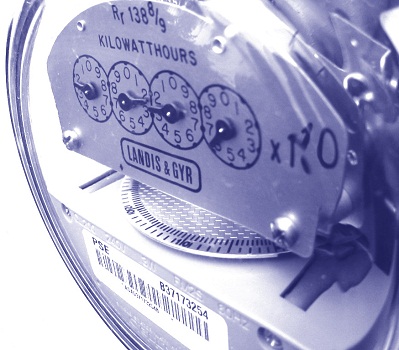
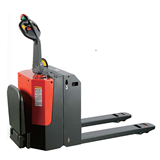



-160x160-state_article-rel-cat.png)


